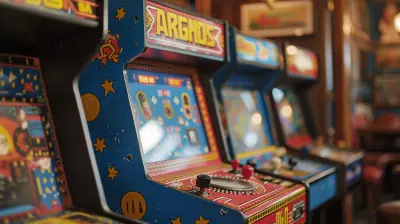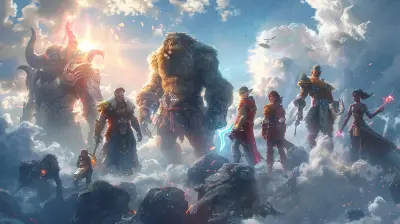How Player Choices Can Shape a Character's Destiny
16 August 2025
Have you ever played a game where every choice you made felt like it carried the weight of the world? That moment where you're staring at the screen, hand hovering over the controller or mouse, knowing that your next decision could drastically change everything? That’s the magic of player choices in games. It’s not just about picking between saving a village or looting its treasures; it’s about steering the course of a story, molding a character’s future, and shaping their destiny.
Player agency has grown to be one of the most compelling aspects of modern gaming. It transforms players from passive observers to active participants in shaping the narrative. But how deep does this rabbit hole go? Let’s dive into how the choices you make as a player can shape a character's destiny—and why it’s such a powerful storytelling tool.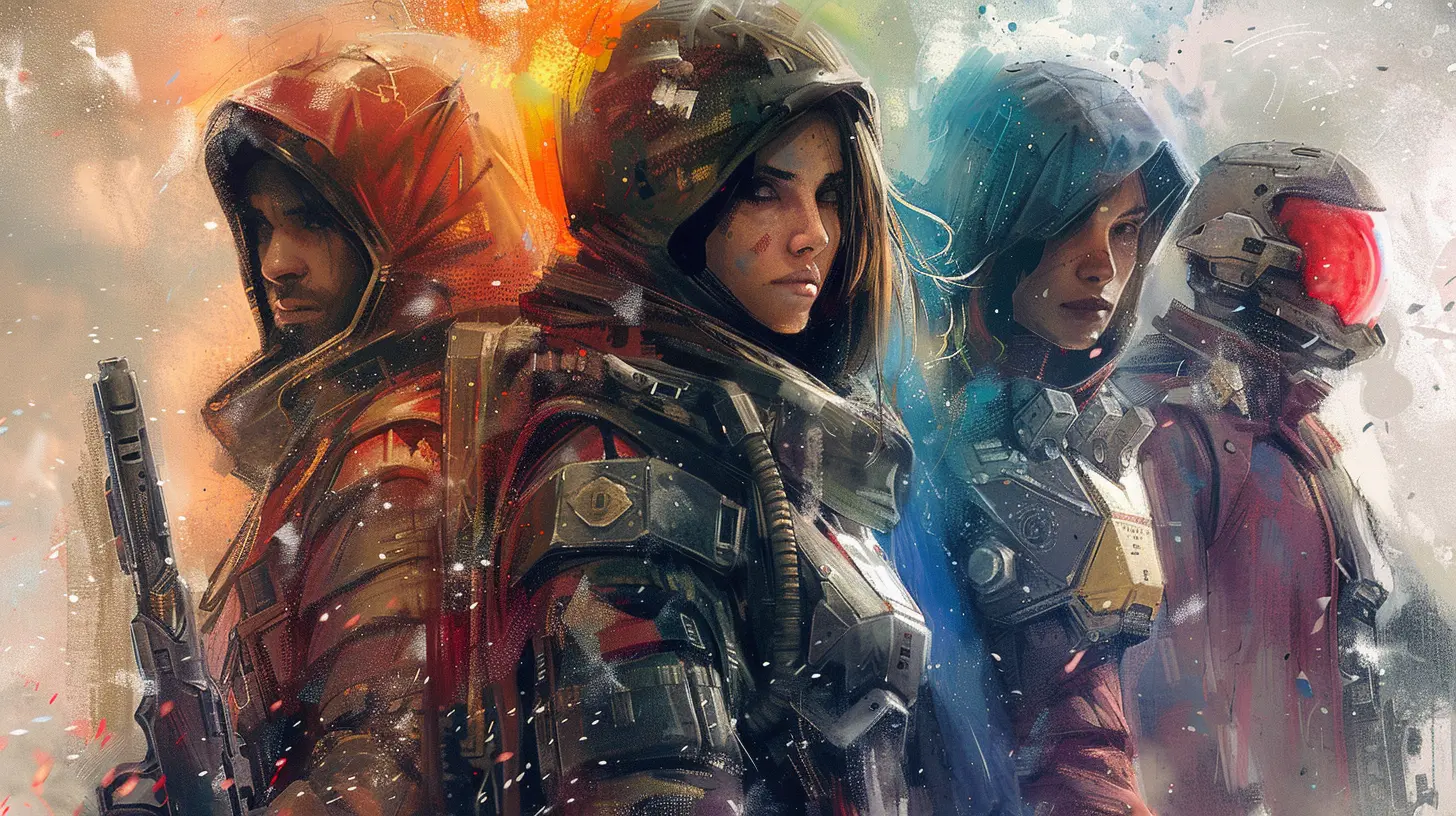
Why Player Choices Matter in Gaming
Let’s get one thing straight: choices aren’t just cosmetic in well-designed games. Sure, some titles throw you the "illusion" of choice, where your decisions don’t really alter the outcome. But when a game truly commits to choice-driven storytelling, it creates an experience that’s personal and impactful.Think about it: every decision feels like a ripple in a pond. A seemingly small action could snowball into something massive. Maybe you lied to an NPC to protect yourself, and now they're holding a grudge that sabotages your plans later. Or maybe you spared a rival, who later shows up to save your life when it really matters. These moments not only keep players invested but also make the characters and the world feel alive—like they’re responding to you.
The Butterfly Effect: Small Choices, Big Consequences
You’ve probably heard the term "butterfly effect" before, right? It’s the idea that even the tiniest changes can lead to significant outcomes down the line. In gaming, this concept is king. Developers love using it to show how impactful even the most mundane decisions can be.Take "The Witcher 3: Wild Hunt" as an example. Your decisions with characters like Ciri or Yennefer don’t just influence their fates—they determine entire story arcs and even the ending of the game. A casual conversation choice with an NPC might later decide whether they live, die, or betray you. It’s not about guiding you to an obvious “good or bad” decision; it’s about letting you live with the consequences of your actions, for better or worse.
In these games, there are no do-overs, no CTRL+Z for your choices. Every decision sticks, providing a sense of realism and weight that makes every encounter feel personal. That’s where the magic lies. 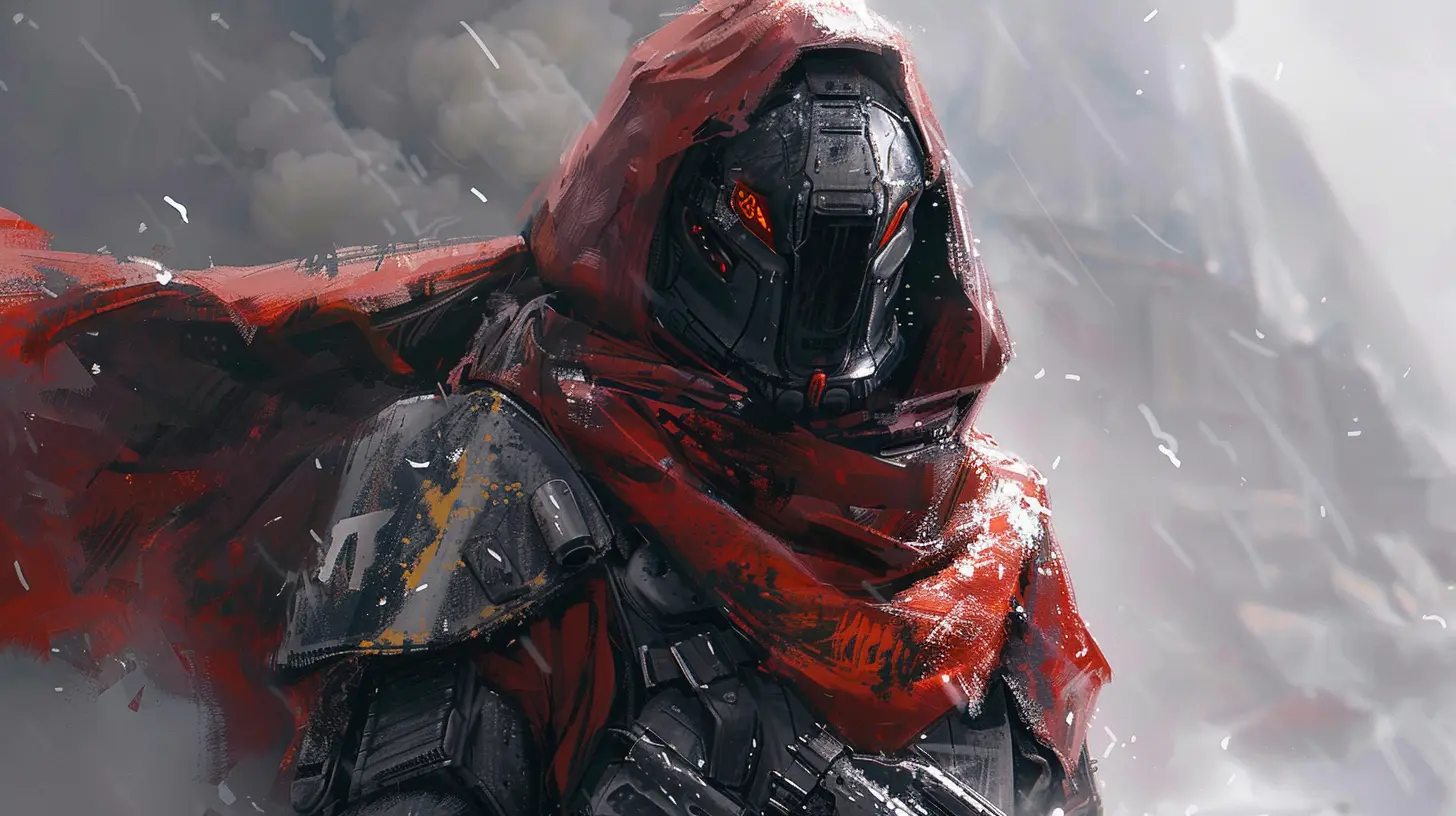
Moral Dilemmas: Where Right and Wrong Blur
Some of the most memorable player choices arise when you’re forced into moral gray areas. Let’s face it—no one likes an easy, black-and-white decision. Should you save a friend or let them die to protect the greater good? Do you overthrow a corrupt ruler even if it plunges the region into chaos? These aren’t easy choices, but they’re the kind that stick with you long after you’ve turned off the console.Games like "Mass Effect" are infamous for putting players in these morally challenging situations. One decision might make you feel like a hero in one moment, but a villain in another. You’re constantly reminded that actions have consequences, and sometimes, there’s no “right” answer.
This kind of moral ambiguity forces players to think about their own values and beliefs. By shaping the character’s decisions, you’re not just influencing the story; you’re wrestling with questions about yourself. How often does a movie or book give you that kind of existential crisis?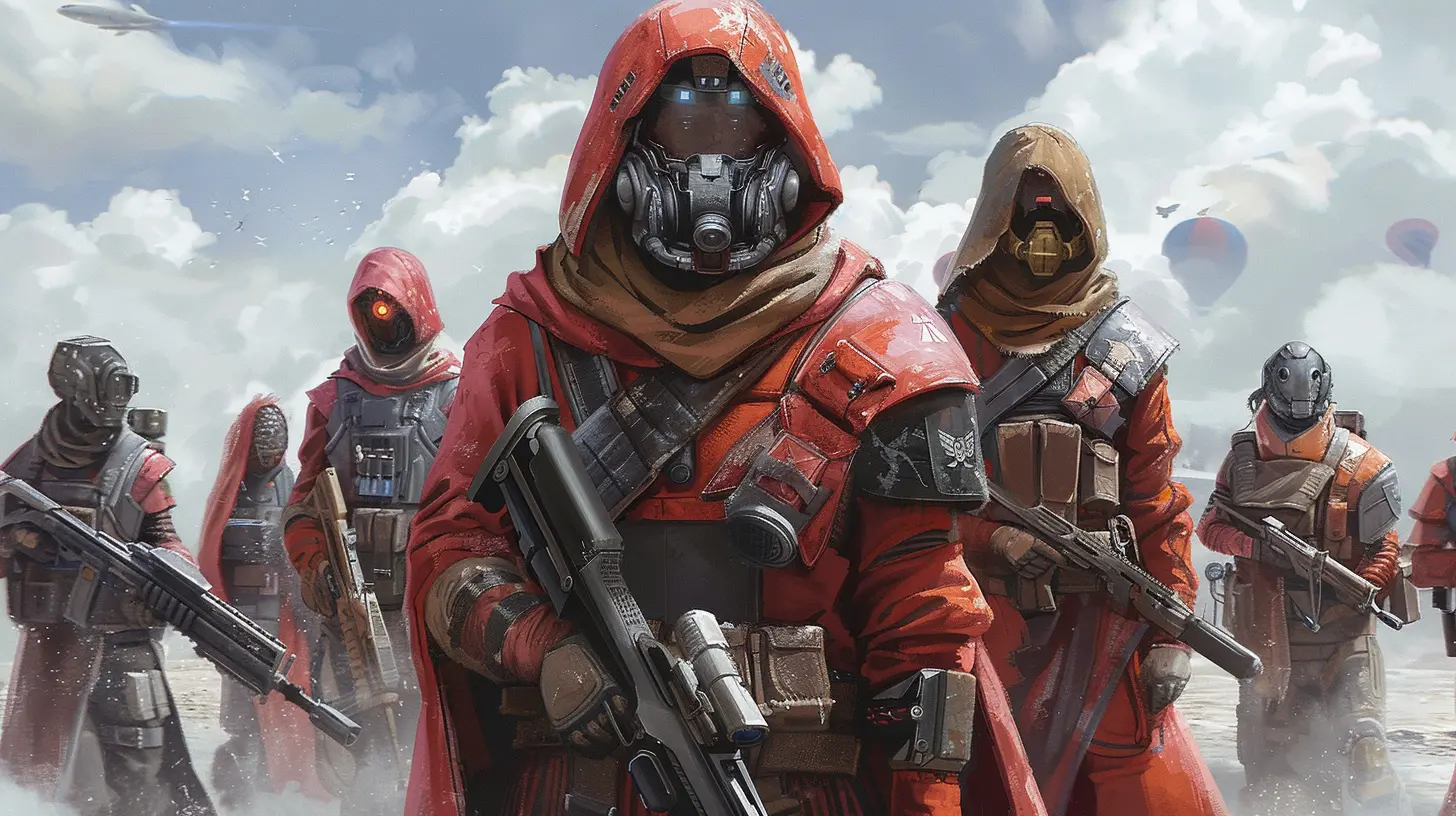
Character Growth Through Player Choices
Here’s the thing about choices: they don’t just affect the plot, they shape the character themselves. In some games, your decisions determine how your protagonist evolves. Are they a ruthless warrior who prioritizes power over relationships? Or are they a compassionate leader who puts the needs of others first?An excellent example of this is "Detroit: Become Human", where three android protagonists’ fates are entirely in your hands. Whether they succeed, fail, or even survive depends on your decision-making. The game masterfully reflects your choices in the protagonist's demeanor, dialogue, and relationships. It’s not just a matter of reaching an ending—it’s about the journey and the growth that happens along the way.
Emotional Investment: Making Players Care
When you're shaping a character's destiny, you become emotionally attached. You care about their struggles, victories, and failures, because in a way, they’re yours too. Let’s be honest—how many of us cried over a tough decision in "Life is Strange"? (No judgment, we’ve all been there.)This emotional connection is why games with choice feel so deeply personal. You’re not just guiding someone else through a story; you’re living it with them. When a character you’ve grown attached to suffers because of your decision, it hits hard. And that’s what makes these experiences unforgettable.
Replayability: The Allure of "What If?"
One of the coolest things about choice-driven games is their replayability. After finishing a game, haven’t you ever wondered, “What would’ve happened if I’d chosen differently?” That lingering curiosity is a testament to how powerful player choices are.Games like "Until Dawn" or "The Outer Worlds" thrive on this. The branching narratives encourage multiple playthroughs, each offering a new perspective or alternative ending. It’s like having a “Choose Your Own Adventure” book, except way more immersive.
By replaying, you not only see how different decisions unfold but also gain a deeper appreciation for the intricate storytelling. Plus, it’s a ton of fun to experiment—kind of like being handed the keys to destiny itself.
The Future of Player-Driven Narratives
As technology advances and storytelling in games evolves, player choice is only going to get more complex and impactful. We’re already seeing hints of this in AI-driven games, where NPCs dynamically react based on your actions, creating a sense of unpredictability. The future of player-driven narratives might not just focus on pre-written outcomes but allow for truly unique, player-created experiences.Imagine a game where every single NPC holds a grudge, forms alliances, or builds relationships naturally, based solely on how you interact with them. It would blur the line between game and reality even further, giving players an unprecedented level of agency.
Final Thoughts: Your Choices, Your Legacy
At the end of the day, what makes player choices so impactful is the sense of ownership they provide. By making decisions, you’re not just passively watching a story unfold—you’re crafting it. Every path you take, every moral dilemma you face, every NPC you interact with—it’s all part of shaping your character’s destiny.So, the next time you’re stuck choosing between saving the world or letting it burn for personal gain, remember: your choices matter. They define not just your character’s future, but also your own experience. And in that moment, you’re no longer just a player. You’re a storyteller, a decision-maker, and yes—a shaper of destinies.
all images in this post were generated using AI tools
Category:
Video Game CharactersAuthor:

Brianna Reyes
Discussion
rate this article
1 comments
Liam Jackson
This article insightfully explores the profound impact of player choices on a character's journey. By emphasizing the emotional stakes and moral dilemmas, it effectively illustrates how these decisions enrich gameplay and deepen player investment in the narrative. Well done!
August 29, 2025 at 2:47 AM

Brianna Reyes
Thank you for the thoughtful feedback! I'm glad you found the exploration of player choices engaging and impactful.
